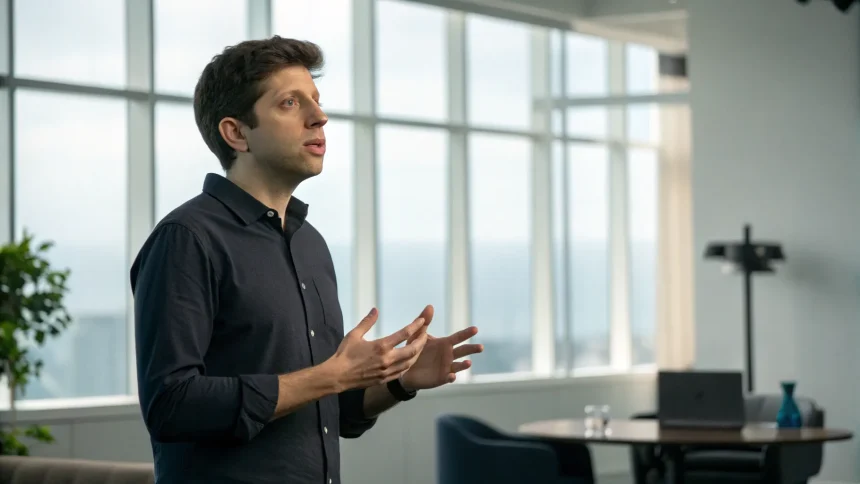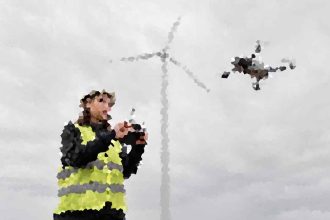OpenAI CEO Sam Altman has issued a stark warning about Meta’s artificial intelligence strategy, according to a leaked internal memo. In the communication sent to OpenAI researchers, Altman expressed serious concerns about the long-term cultural implications of Meta’s approach to AI development.
“What Meta is doing will, in my opinion, lead to very deep cultural problems,” Altman stated in the memo, which was not intended for public distribution.
Growing Tensions in AI Development
The leaked statement highlights the increasing tensions between major players in the artificial intelligence field. OpenAI, known for developing ChatGPT and other advanced AI systems, has positioned itself as an organization focused on creating safe and beneficial artificial general intelligence.
Meta, formerly Facebook, has been aggressively expanding its AI capabilities in recent years. The company has made significant investments in AI research and development, including open-sourcing several of its AI models – a strategy that appears to be at odds with OpenAI’s more controlled approach.
Competing AI Philosophies
The memo suggests a fundamental philosophical disagreement between the two tech giants regarding how AI technology should be developed and deployed. While OpenAI has generally favored a more measured release of its technologies with various safeguards, Meta has often pursued a faster, more open approach to AI development.
Industry analysts point to several key differences in their strategies:
- OpenAI typically releases its models through controlled APIs
- Meta has open-sourced several of its AI models
- The companies differ on data usage policies and transparency
- They maintain different stances on AI safety protocols
Broader Industry Implications
Altman’s concerns about “deep cultural problems” may reflect broader worries about how AI technologies could reshape society if deployed without adequate safeguards or ethical considerations. The statement comes amid growing public and regulatory scrutiny of AI development practices.
Neither OpenAI nor Meta has publicly commented on the leaked memo. However, the revelation provides a rare glimpse into the private concerns of one of the most influential figures in artificial intelligence regarding a major competitor’s approach.
The leak occurs against a backdrop of increasing competition in the AI sector, with companies racing to develop and deploy increasingly powerful models while navigating complex questions about safety, ethics, and societal impact.
Industry Response
AI researchers from various organizations have noted that the tension between rapid innovation and careful deployment represents one of the central challenges facing the field today.
“The disagreement between OpenAI and Meta represents two fundamentally different visions for how AI should progress,” said an AI ethics researcher who requested anonymity due to professional relationships with both companies.
As artificial intelligence continues to advance at a rapid pace, the philosophical and strategic differences between major AI developers will likely play a significant role in shaping how these technologies are integrated into society.
The leaked memo suggests that for Altman and OpenAI, these concerns extend beyond mere business competition to fundamental questions about the cultural impact of different AI development approaches. As these technologies become more powerful and more deeply embedded in daily life, such disagreements may have far-reaching consequences for how AI shapes the future.









